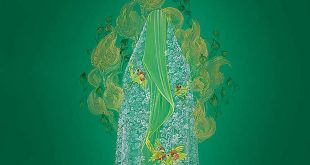This study explores the subjective experience of five Muslim women who wear or wore hijab in the past, and faced Islamophobia, using psychoanalytic case study methodology.
This study’s purpose is to gain an understanding of the short-term and long-term effects of prejudice against Muslim women. The women participants of this study are self-identified Muslims from different geographical locations and diverse backgrounds. The interviews were analyzed through within-and cross-case analysis. The data was interpreted through a psychodynamic lens, grounded in a hermeneutic and constructivist framework. Geo-political differences, racism, misogyny, lack of support, and hijab were identified by the participants as the external contributing factors resulting in the perpetuation of Islamophobia. The participants’ emotional response varied from feelings of dejection and despondency to anger and humiliation. A commonality among all five of the participants was their struggle with fear and annihilation anxiety. This is, as a result of being persecuted, they all endured feelings of being destroyed, fragmented, and ultimately felt their preservation of life being challenged. While the participants utilized various primary and secondary defenses to cope with Islamophobia, the defense of withdrawal was commonly used by all of the women. The derived protective factors in coping with Islamophobia are emotional support, validation, and maintaining a connection with both Muslims and non-Muslims.
Bibliographic Information
Title: The Lived Experience of Muslim Women Subjected to Islamophobia
Author(s): Laudan Moghadam
Publisher:The Institute for Clinical Social Work, Chicago, IL, USA
Length: 221 pages
Pub. Date: August 2021
The Lived Experience of Muslim Women Subjected to Islamophobia
 Ijtihad Network Being Wise and Faithful Muslim in the Contemporary World
Ijtihad Network Being Wise and Faithful Muslim in the Contemporary World

